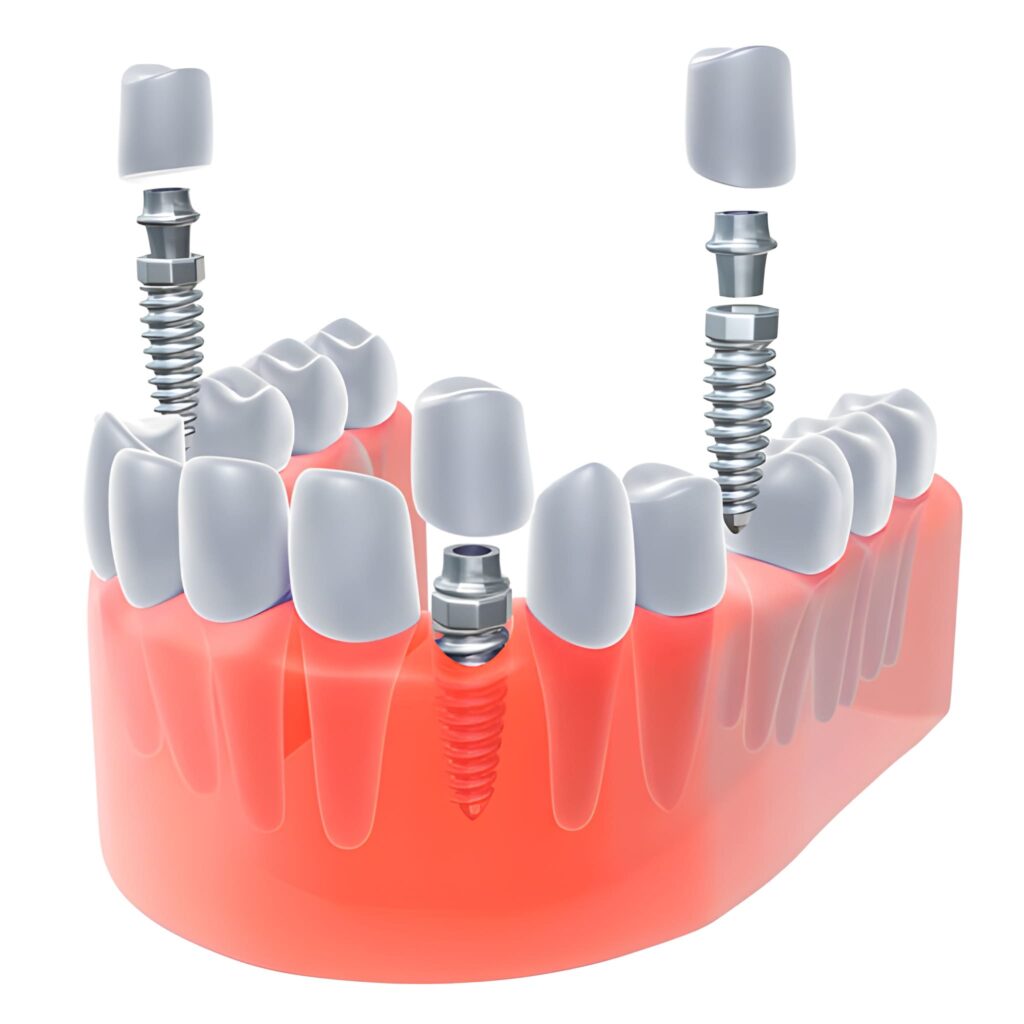Root canal treatment (RCT) is a common dental procedure used to save a tooth that is severely damaged by decay or infection. While NHS dental care is widely available, there are cases where an NHS dentist may refuse to perform a root canal. In this article, we’ll explore the reasons why an NHS dentist might refuse to perform a root canal and what options are available to patients who find themselves in this situation.
What is a Root Canal?
A Root canal is a procedure that helps save a tooth that has been damaged or infected. During the treatment, the dentist removes the infected pulp (the soft tissue inside the tooth), cleans the root canals, and seals the area to prevent further infection. The goal of a root canal is to preserve the tooth and prevent the need for extraction. It is often a more affordable option than extracting a tooth and replacing it with a dental implant or bridge.
Is There a Time Limit on NHS Dental Treatment?
Can an NHS Dentist Refuse a Root Canal?
While root canal treatments are available on the NHS, there are several reasons why an NHS dentist may decide not to perform the procedure. Below are the common factors that influence the decision.
1. Tooth Condition
One of the most common reasons an NHS dentist might refuse a root canal is the condition of the tooth. If the tooth is too damaged or weak, the dentist may determine that a root canal would not be effective. For example, if the tooth structure is too compromised to support the procedure, extraction may be recommended instead.
If the dentist feels that the tooth is not likely to survive the root canal or if it is beyond repair, they may advise you to opt for tooth extraction instead. In these cases, saving the tooth may not be feasible, and the best course of action may be to replace it with an implant or bridge.
Can You Get Veneers on the NHS?
2. Complexity of the Procedure
Root canal treatments on molar teeth are more complex than those on front teeth. Molar teeth have multiple roots, making the procedure longer and more complicated. Some NHS dentists may not have the necessary equipment or expertise to perform a complex root canal procedure on molars or difficult cases.
If the dentist does not feel comfortable performing the procedure, they may refer you to a specialist, known as an endodontist. However, access to NHS endodontists can be limited, and waiting times may be long. In such cases, a private referral may be recommended.
How Much Is a Crown on the NHS?
3. NHS Guidelines and Budget
NHS dental services operate under strict budget guidelines, and the treatments offered depend on available funding. Root canal treatments, particularly for molar teeth, can be expensive and time-consuming. Because of this, NHS dentists may sometimes refuse to perform a root canal if they believe it is not cost-effective, especially if the tooth may not be successfully saved.
The NHS prioritises treatments that are deemed necessary for health rather than aesthetic purposes. In some cases, the cost and complexity of a root canal may make it less viable than extracting the tooth and providing a replacement.
Which Dentists Are Accepting NHS Patients?
4. Previous Treatment Failure
If you’ve already had a root canal on the same tooth and it has failed, your NHS dentist may decide that further treatment is not viable. In cases where the tooth has been treated before and the infection has returned, the dentist might recommend extraction rather than attempting another root canal. Re-doing root canals is often more complicated, and in some cases, the tooth may no longer be viable for the procedure.
Can A Nhs Dentist Remove You Without Warning?
5. Limited Resources
In some cases, NHS dental practices may have limited resources, including staff, equipment, or time. Complex root canal treatments, especially on molars, may require advanced tools or additional time that a general dentist may not have. In such cases, an NHS dentist might recommend extraction or refer the patient to a specialist if they feel the procedure is beyond the scope of their practice.
What Are Your Options If an NHS Dentist Refuses a Root Canal?
If your NHS dentist refuses to perform a root canal, there are several options available to you:
1. Referral to a Specialist
In some cases, an NHS dentist may refer you to an endodontist, a specialist in root canal treatments. Endodontists have the necessary training and equipment to perform complex root canals, especially on molar teeth. However, access to NHS endodontists may be limited, and waiting times can be long.
What is an Extreme Dental Emergency?
2. Private Treatment
If you are unable to get a referral to an NHS specialist or the waiting time is too long, you may consider seeking private treatment. Private dentists often have more flexibility and can perform the procedure sooner. However, private treatment can be expensive, with prices varying depending on the complexity of the procedure and the type of tooth being treated.
3. Tooth Extraction and Replacement
If a root canal is not possible, the dentist may recommend extracting the tooth. Although this is not the ideal solution, it is often necessary to prevent infection or further complications. After extraction, you can explore options for replacing the missing tooth, such as dental implants, bridges, or dentures.
4. Seek a Second Opinion
If you are unsure about your NHS dentist’s recommendation, it’s always a good idea to seek a second opinion. Another dentist may have a different perspective or offer alternative treatments or referrals. You can request a second opinion from another NHS dentist or consider private referrals for more specialized care.
What Happens if You Can’t Afford Dental Treatment in the UK?
Conclusion
While an NHS dentist can refuse to perform a root canal in certain situations, there are still options available to help you preserve your tooth. The decision to refuse a root canal is typically based on factors such as the condition of the tooth, the complexity of the procedure, NHS funding limitations, or the potential failure of previous treatments.
If your NHS dentist refuses to perform a root canal, don’t be discouraged. Consider seeking a referral to a specialist, exploring private treatment options, or opting for tooth extraction and replacement. Always discuss your options with your dentist and, if necessary, seek a second opinion to ensure you receive the best possible care.
Book Your Appointment at Cove Dental and Implant Centre
If you’re concerned about your dental health or need expert advice on root canal treatments, Cove Dental and Implant Centre is here to help. Our skilled and compassionate team offers a wide range of services, from routine check-ups to advanced procedures like root canals and implants.
Contact us today to schedule your consultation and discuss your options. Whether you’re seeking private care or need more information about NHS treatments, we are committed to providing you with the best dental solutions. Let us help you keep your smile healthy and bright.
Book your appointment now at Cove Dental and Implant Centre, where your oral health is our top priority!
Frequently Asked Questions
Can an NHS dentist refuse to do a root canal on a molar?
Yes, NHS dentists may refuse to perform a root canal on molar teeth due to the complexity of the procedure. Molar root canals often require specialized equipment and skills.
What happens if my NHS dentist refuses a root canal?
If your NHS dentist refuses a root canal, they may refer you to a specialist or suggest extraction if the tooth is beyond saving. Private treatment may also be an option.
How much does root canal treatment cost privately?
Private root canal treatments can cost anywhere from £300 to £1,500, depending on the tooth and complexity of the procedure.
Can an NHS dentist refuse a root canal because of cost?
Yes, NHS dentists may refuse a root canal due to the costs involved, particularly for molar teeth. NHS funding for complex cases can be limited.
Can I request a second opinion if an NHS dentist refuses a root canal?
Yes, you can request a second opinion from another NHS dentist or seek private referrals for more specialized care.





